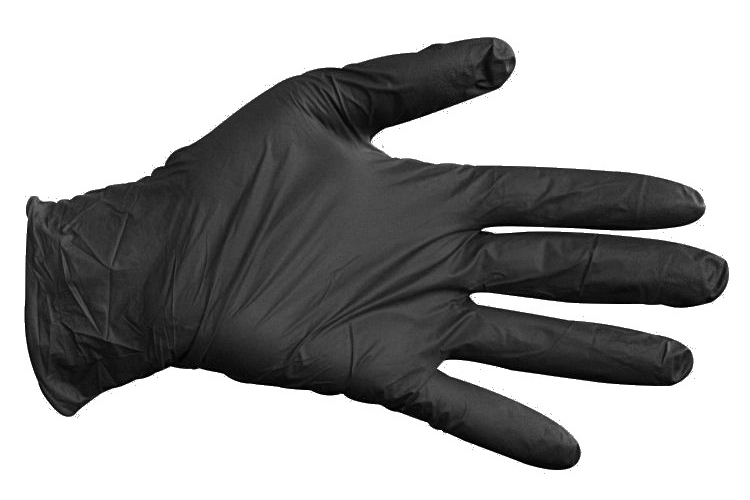With diversified availabilities in hand protection gloves, choose the specific glove as per the work environment that makes the right choice to prevent your hands. Most of the time, hand injuries, skin diseases or harsh exposures are simply preventable by wearing gloves and thus, by estimating the hazardous impact of the gloves, try to wear smartly to avoid any uncircumstantial situation at work. However, do you know how you select the best gloves, such as disposable gloves (einweghandschuhe kaufen) for you as there are numerous types of protective glove that can only suitable in regard to a specific workstation, and so select the glove as per the basis of material.
- Latex: In the occupational frontier, most of the services use latex, natural rubbber gloves as they are less expensive but are not chemical resistant. Most of the time, it is practised in the medical industry and food industry, as it is well-protected measure to prevent any bloodborne pathogens. Know the benefits of latex gloves:
- Good material to use while dealing with inorganic chemicals
- Great for biohazard chemicals
- Nitrile: The nitrile gloves are also affordable, and is considered to be the best hand-protection measure to serve a wider variety of applications. There are other advantages are:
- Proved to be the best resistant against oils, solvents, greases, hydrocarbons or any acid bases
- An alternative to latex gloves for practising biochemical work
- One can find any tears or breaks across the gloves
- Neoprene: The gloves made of neoprene are known for their excellent resistant to a wide range of hazardous chemicals, such as alcohols, acids or inks. This is also known as acid gloves as it has the capacity to donate protection against any kinds of acid spill. Know some other notable features of neoprene:
- Very helpful measure while working for acids, fuels, bases, peroxides, and phenlols hydrocarbons
- Poor for aromatic hydrocarbons and halogenated
- A very similar with wetsuit material
- PVC: Also known as Polyvinyl Chloride is frequently practised in the petrochemical industry and are affordable to use and are disposable gloves. Know more about the PVC gloves features and they are:
- A perfect resistance to abrasions
- Not advisable for organic solvents
- Great to use while working with fats, acids, amines, bases and peroxides
- Butyl: Butyle gloves has a lesser permeability with gases and thus, the butyle gloves are the best while working with gases, such as hydrogen cyanide or chlorine gas. The best part that intrigues you about Butyle is used for military purpose like building chemical warfare suits. It is renowned as the ketone glove and gas glove. Some notable features are:
- A great composition that resists esters and ketones
- Poor for aliphatic and gasoline, halogenated hydrocarbons and aromatic
- It is expensive
- Available as a re-usable product
- The Butyl gloves are poor touch sensitivity
When choosing a glove for hand protection, explore your work-field and know what you are dealing with. It can be anything that you need protection against intentional contact with hazardous chemicals. According to the market research, presently, the nitrile gloves (nitril handschuhe schwarz) are solving every need of the users and thus, it is the best recommended gloves for the users. It offers great resistance and is disposable too.










Comments are closed.